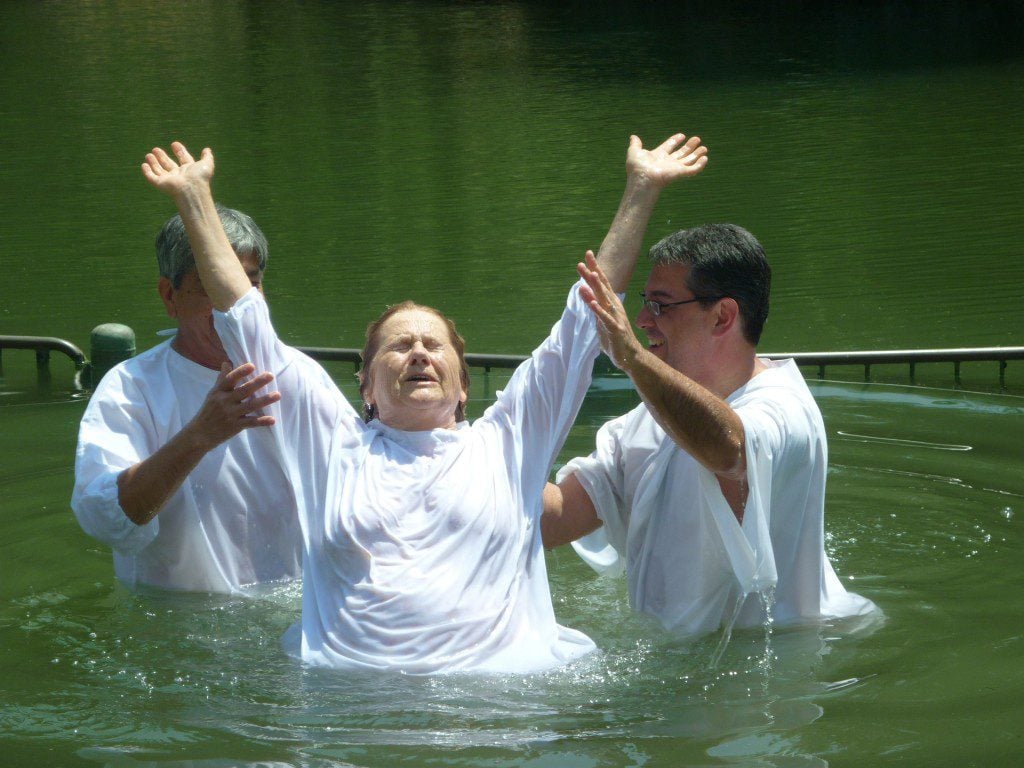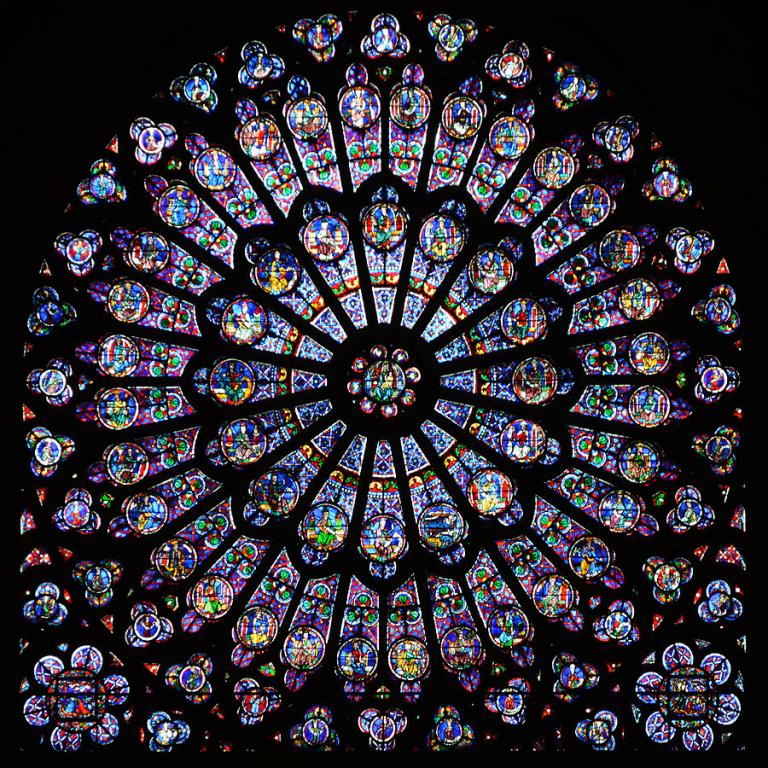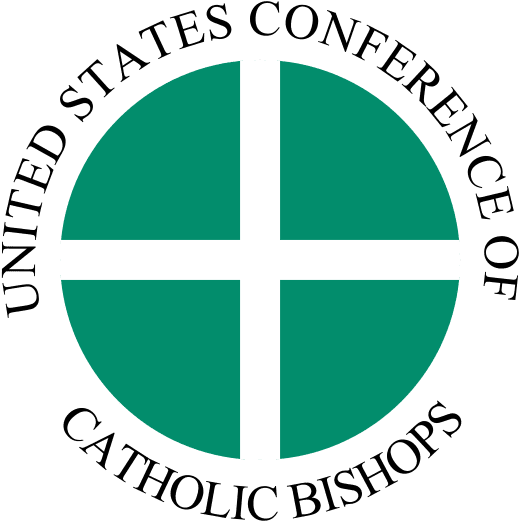
Before I get to the most recent of the Catholic Cover-up Crisis news (because, again, this is what’s the greater concern), here’s a bit of a step back.
Longtime readers will know that I became Catholic in grad school, after having grown up in the Lutheran Church Missouri Synod, a branch of Lutheranism which, in contrast to the Evangelical Lutheran Church in America (ELCA) is, or was, in the incarnation I experienced it, pretty fundamentalist — creationist, ultra-traditionalist in terms of women’s roles, and weirdly anti-Catholic, so that we learned about the Catholic sacraments, for instance, in a religion class lesson designed to teach us why only the Lutherans (vs. Catholics and Baptists) had the right number of sacraments and believed the right things about them. At the same time, we attended the local Catholic church with a certain frequency, since Dad was Catholic, and when I was in college, I alternated between the two.
So when I went off to grad school, to study Medieval history at Notre Dame, I engaged in a fair amount of church shopping, landing most weeks at the nearest off-campus parish (the congregation of which actually sang, in contrast to the church we attended as a child), but also visiting the Lutheran churches reasonably often, as well as an Episcopalian and a Presbyterian and a nondenominational “Calvary Chapel” (ooh, boy, was that an experience) and, for the sake of cultural awareness, a Mormon service along with my roommate. And in the meantime, I studied the history of the church in the Early Christian and the Medieval period, as well as theology, and, believe me, I was under no illusion that the Catholic church has been pure throughout its history.
So why choose Catholicism? I’m not going to claim that it was the result of a deep spiritual awakening. Instead, it was initially a process of elimination: “I want a church that has a good liturgy, but the Episcopalians and the Lutherans (ELCA) aren’t possible options because they’re prochoice and that really creeps me out.” But my RCIA sponsor convinced me that I could not make a profession of faith unless I was willing to, if not believe, than at least assent to, the doctrines of the church, so I did engage in a process of learning more, so as to conclude that maybe purgatory isn’t so weird, and that faith without works is dead, Humanae Vitae has some good points, and, well, the whole Mary & the Saints thing isn’t my cup of tea but I’ll assent to it. And here’s a bit of irony for you: that friend, whom I’m no longer in touch with but followed via her blogging for quite some time, ultimately left the church for Episcopalianism and later an Old Catholic church. (Another friend who was often a part of these conversations did end up getting ordained, though, so there’s that, anyway.)
But the quote above, in the post title? That’s not just a scripture passage, but also from the ELCA liturgy’s gospel acclamation: “Alleluia, Lord, to whom shall we go? You have the words of eternal life. Alleluia, alleluia.”
And to revisit the Ross Douthat book I wrote about just before all this news broke, he wrote something that really speaks to at least part of my feelings as well. In his introduction he wrote:
Unlike many Catholics I knew who were loyal to the church as a community but doubtful of its doctrines, I did not want this tension to be smoothed away by understanding priests and broad-minded theologians,; indeed, the conflict between what I professed and how badly I fell short was part of what made the profession seem plausible, because a religion that just confirmed me in my early-twenty-first-century way of life couldn’t possibly be divinely revealed. (p. XIV)
In the end, the approach to religion taken by many Protestants (and Catholics, too) is that “I will believe only what makes intuitive sense to me” and “I will accept as sinful only those things which really feel wrong to me” just feels too human. Who am I to imagine that I am so smart, and my conscience so perfectly formed that I myself have got everything all figured out? After all, in my world as a mom, and as an actuary, and especially as someone who blogs about a whole ton of topics based on reading what information the real experts have shared, I am only all too aware of what I don’t know about all manner of topics, so why shouldn’t it be the same with theology. And with respect to morality, I know there are things about which I am equally likely to say, “eh, that doesn’t bother me” (e.g., the death penalty, particularly in circumstances when it’s not necessary to protect the community) even if I can intellectually understand why they’d be wrong.
So that’s a lot of rambling, just to get to the point when I reflect on the question of “how do you stay put in so obviously-flawed a church?” because I think that the context, and repeating some of my personal background, might be helpful.
Because there is a real question here, with all the dreadful reporting coming out about cover-ups. And it’s not just the United States, but also Germany, where I had figured that the greater secularism of the country would have meant that the victims’ families would have insisted on police involvement.
Yes, “my faith is in God, not men, blah blah blah.” And yes, child sexual abuse exists everywhere, and children are most likely to be abused by a family member or someone in their immediate household. Heck, I just spent the better part of two hours on Youth Protection Training for the Boy Scouts, learning about the subject and the BSA’s rules to prevent and stop abuse (including the two-deep leadership and no one-on-one rules, along with the “no shared tenting with boys greater than two years’ age difference” rule). And the Chicago Public Schools has had their own scandal, not to mention the issues in Hollywood.
But, again, we’re not really talking about abuse by priests any longer. We’re taking about bishops covering up, and we’re taking about bishops and others taking advantage of their authority with respect to seminarians and others in positions subordinate to them, and we’re talking about yet other bishops indifferent to the whole issue and hoping to avoid these issues by claiming that once they have procedures in place regarding new accusations of child sexual abuse, their job is done. Read this article by Elizabeth Bruenig in the Washington Post, “He wanted to be a priest. He says Archbishop McCarrick used that to abuse him,” which describes the power McCarrick had over seminarians, in which they accepted McCarrick’s behavior (in this case, watching a seminarian change into swim trunks, and later putting his hand in those trunks) because it was made clear to them that he had the power to prevent their ordination, and tell me that this’ll be solved by new rules with respect to mistreatment of minors.
The challenge is that, at least in part, it is the fundamental hierarchical structure of the Catholic Church that produces this. Oh, sure, there’s the fact that not just bishops but people who held themselves out as experts believed that a priest could, via therapy, be “treated” and safely returned to ministry. And there’s the all-too-human tendency to want to protect those you are closest to, your “family” either literally or figuratively. But a lot of the reason for the cover-ups is surely also about people in power protecting themselves, and taking advantage of their power to engage in their worst impulses, and people not in power not wanting to rock the boat because they either feel powerless or because they hope someday to gain some share of that power for themselves. And even though becoming a bishop, or moving up the episcopal ranks, is not something where one seeks out the promotion, or applies for and interviews for the position, it would certainly seem to me that the personality traits required to get noticed by and appointed to these positions mesh together pretty well with those of cover-uppers and of perpetrators. That’s not to say that every bishop is keen to move up the ranks, to take advantage of his power, to appear pious and humble, of course, but we are indeed hearing plenty of reports that McCarrick’s misdeeds (so long as confined to seminarians) were shrugged off so long as he was bringing hefty donations into the church. And the Vatican, too, is infamous for people jockeying for power.
Oh, and let’s not forget about the further issue of the desire to cover up in a misguided attempt to protect the church — sacrificing children, sacrificing justice, to achieve what’s considered the greater good of keeping church membership numbers up. Whether all bishops doing so (and whether Francis has the same motive now, as well), do so because they don’t want to diminish their personal power or not, I can’t say.
But here’s an obvious statement: if we had no bishops, if we had no pope, if like plenty of evangelical churches, our parishes were just a bunch of parishes in association with one another, there would be no one to do the covering-up. Or, rather, maybe a family might report the abuse to church elders, and they might tell the pastor to start looking for another job, but it wouldn’t be taken as an indictment of the entire denomination.
And yet, of course, without the bishops, without centralization, well, the Catholic church simply wouldn’t be catholic, wouldn’t be universal. Sure, I suppose we could have some sort of governing body that’s wholly unrelated to pastoral ministry, and to be sure, one doesn’t read of cover-up scandals among the Methodists or the Episcopalians, though they may exist, but they have their own problems, as their churchs’ relative independence has brought the Methodists to the brink of schism.
So where do we go from here? I don’t know, really. How do we preserve the system of bishops, and the pope, while ensuring that the next generation of bishops is more uniformly committed to ministry and honest dealings and to passing on the faith than their own political ladder-climbing or pursuit of their personal causes?
Image: https://pixabay.com/en/baptism-christianity-jordan-river-1959655/












